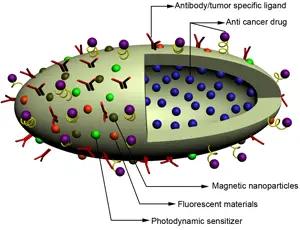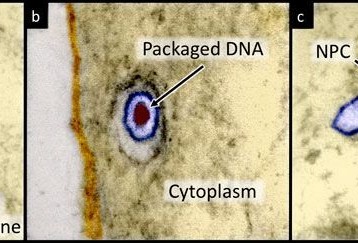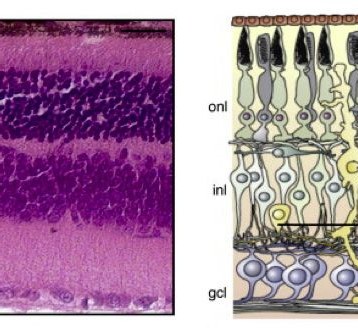|
The research team, led by biostatistician Paola Sebastiani of the BU School of Public Health and geriatrician Thomas Perls of the Boston Medical Center, used Bayesian analysis on genetic data from over one thousand centenarians (people over 100 years old) and several control groups to identify the genetic elements related to longevity. Their analysis began with the single nucleotide polymorphisms (SNPs) most likely associated with long life and expanded until adding additional SNPs failed to further refine the results.
In addition to the 150 SNPs, the BU study identified 19 genetic clusters which characterize over 90% of the centenarians studied. These specific groupings of SNPs relate to the likelihood of developing various diseases and the age of onset of diseases that typically strike the elderly such as dementia and hypertension. 45% of the study participants over 110 years old fit into the grouping with the largest number of identified longevity factors.
Another potentially important discovery is that these age-related genetic factors appear to be stronger than known disease-related vectors. No statistical correlation could be found between the age of study participants (including younger control subjects) and the presence of genes related to disease. In other words, a genetic propensity for long life appears to trump a genetic propensity for diseases likely to shorten life expectancy.
This methodology of uncovering related groupings of genetic elements may be useful in studying other factors, including diseases with genetic links or an inherited propensity. Alzheimer’s disease, autism, and diabetes research are just three areas which could benefit from a Bayesian analysis of genetic factors.
TFOT has previously reported on life extension research in yeast which may eventually yield results in humans. TFOT has also reported on genetic links to weight gain and obesity and genetic factors which limit our ability to learn from our mistakes.
Read more about the role of genetics in human longevity in this Boston University School of Public Heath press release. Dr. Perls also includes information on the study on his New England Centenarian Study website.










